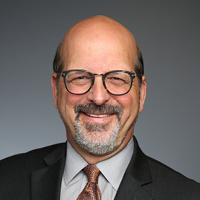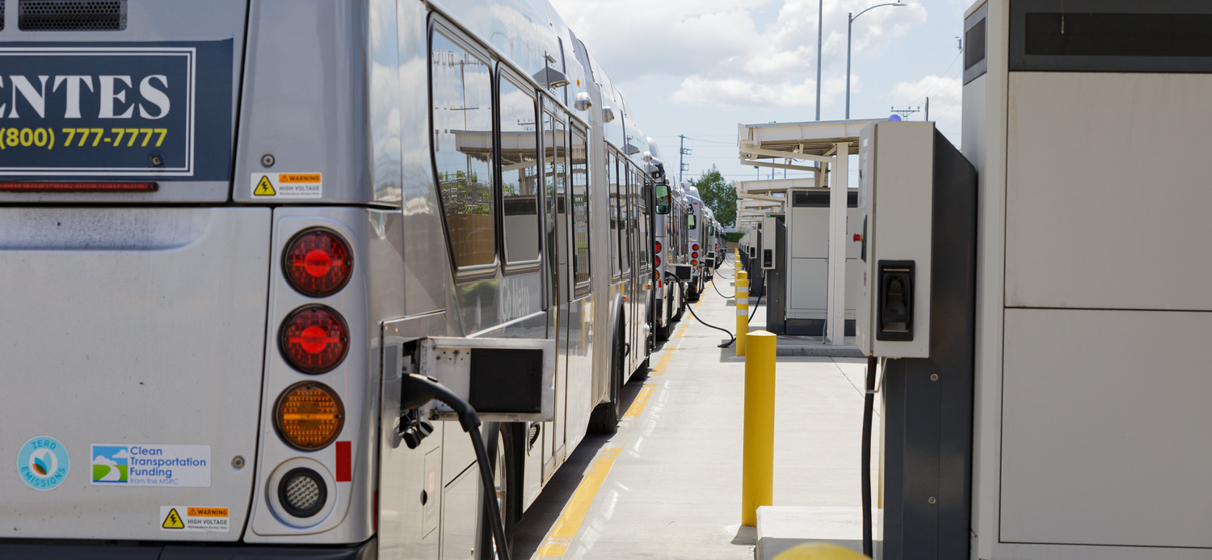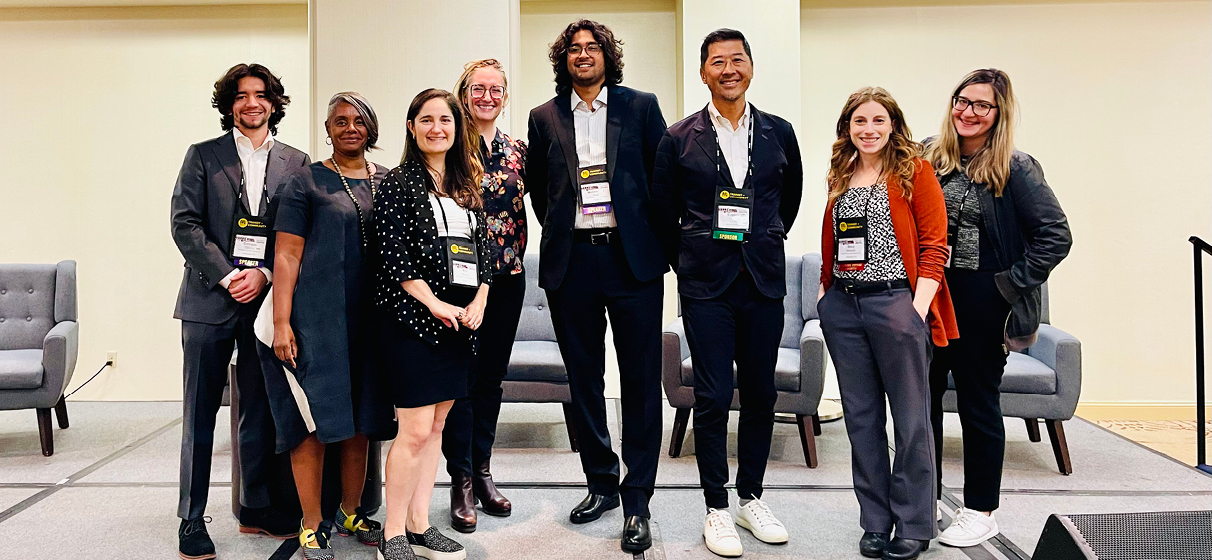In the quest for sustainability and long-term resilience, the Chicago metropolitan region’s public transit and transportation agencies are all taking significant steps toward a zero-emissions future.
To further that dialogue in the region, we recently helped organize a roundtable at DePaul University’s Chaddick Institute for Metropolitan Development that brought together key stakeholders including the Chicago Transit Authority (CTA), Metra, Chicago Department of Transportation (CDOT) and Pace Suburban Pace to discuss current progress, as well as challenges in this transformation. Phil Hanegraaf, senior vice president and national planning director has been a key partner of the Chaddick Institute for some time, being named a Fellow of the institute last year. Craig Cipriano, STV senior vice president and director of zero emission transition, moderated the panel.
Convening the Conversation
The roundtable served as an unprecedented forum for open dialogue among the region’s transportation leaders. While each of the four participating agencies are on its own unique path to zero emissions, there really hasn’t been a more holistic conversation of this nature that includes CEOs, chief engineers, program coordinators and others. With about 80 attendees, including industry peers, students, local advocates and planners, the event provided a platform for diverse voices to contribute to the discussion.
Diverse Perspectives and Strategies
The agencies brought varied perspectives to the table, reflecting their unique roles in Chicago’s transportation ecosystem:
- Metra, the primary commuter rail service in the Chicago area, is leading the charge nationally as the first in the United States to adopt electric locomotives for its fleet.
- Pace Suburban Bus, which serves 274 municipalities in Cook, Will, DuPage, Kane, Lake and McHenry Counties with local bus service, is committed to the goal of operating 100% zero-emissions vehicles by the year 2040. STV, as part of a larger program management contract, supported the agency’s Zero Emissions Bus Transition and Bus Facility plans.
- CTA, operating urban buses and subways, discussed its drive to integrate zero-emission buses and charging infrastructure by 2040, as well as challenges related to funding and integrating new technologies into an urban environment.
- CDOT outlined its electrification strategies as outlined in its 2021 Strategic Plan which include reducing carbon emissions from its fleet; increasing the availability of public charging stations for electric vehicles (EVs); relaunching Chicago’s Drive Clean Truck Program to reduce emissions from truck fleets; piloting Divvy e-bike charging stations; and encouraging waterway operators to use lower carbon fuels to reduce marine engine emissions.
The differences in their operational scales and responsibilities highlight the necessity of tailored strategies. Yet, all agencies acknowledged shared challenges, including securing adequate funding, addressing technology readiness, and managing operational hurdles like thermal runaway in battery electric buses (BEBs).
Funding and Collaboration: Key Challenges
Funding remains a significant obstacle, with no clear solutions yet. Participants discussed discretionary funds, grants and the need for greater alignment with regional and federal carbon reduction plans. CDOT representatives highlighted a $15 million grant for vehicle acquisition, while others stressed the importance of coordinated efforts with entities like the Regional Transportation Authority (RTA) and the Chicago Metropolitan Agency for Planning (CMAP).
However, one of the chief concerns that looms over many of the participants is the fiscal cliff – a crisis that transit agencies across the country face as they transition from COVID-era funding to a new funding model. The fiscal cliff raises concerns about operational sustainability, underscoring the urgency of finding stable financial pathways for each agency.
The event also surfaced an ongoing critique of coordination among agencies. While historical rivalries have sometimes hindered collaboration, this panel highlighted a shared commitment to improving communication and cooperation moving forward.
A Path Forward
The roundtable concluded with a sense of optimism about the region’s potential to lead in zero-emissions transit. The open Q&A session revealed strong community interest, with questions from students, advocates and planners contributing to the conversation.
We are already having conversations about future sessions to build on this momentum and provide opportunities for deeper collaboration and the exchange of best practices. Chicago’s transition to zero-emissions public transit may be complex but it is an essential endeavor. By fostering honest discussions and leveraging the expertise of its diverse agencies, the city is taking meaningful steps toward a more sustainable future. The Chaddick Institute’s roundtable exemplified the power of collaboration, laying the groundwork for continued progress in reducing the carbon footprint of public transportation in the region.









